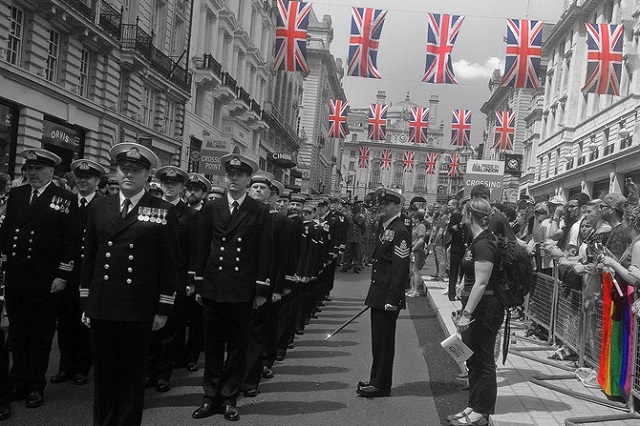Should Diversity be Discussed in the Maritime Media?
MarEx recently published an article that discussed lesbian, gay, bisexual, transgender and intersex (LGBT+) advocacy at the Port of Oakland.
It highlighted the recently elected President of the Port of Oakland’s Board of Port Commissioners, the first openly LGBT+ Oakland Port Commissioner to lead the board.
The article received a number of negative comments from readers: “If the human can do their job well and improve things - great. If the person has private issues that do not have an effect on their work - fine. But to highlight something into the public world that is a private issue is wrong,” said one reader.
“This article had nothing to do with maritime issues, and everything to do with the pander or perish pogrom of the thought police,” said another.
Faced with MarEx concerns about hateful comments being made in response, another reader who found the article “morally offensive” said: “It is not an act of love to affirm or celebrate the choice of a loved one to engage in behavior that is destructive both to the self and to society.”
Should diversity be discussed in the maritime media? MarEx spoke to David Hammond, CEO of the U.K.-based charity Human Rights at Sea (HRAS) to get his view. HRAS and Marlins, with support from Naval Service diversity networks have just released an elearning course: Diversity & Inclusion at Sea.
The training is designed to increase awareness of diversity including culture, nationality, religion, gender and sexual orientation, which can, in some cases, lead to conflict or bullying at sea.
Hammond says, “Over the last three years, I have found that there is much avoidance, ignorance and discrimination around this subject. Our charity introduced advocacy areas for Gender at Sea and LGBT+ at Sea, and we have received mixed responses and even open hostility for our inclusive approach.
“Such treatment of individuals is no longer acceptable, especially if we all expect to have the protection of individual rights that must come without qualification to race, creed, gender or orientation.
“Only this last week at a London shipping reception, an industry executive told me that he ‘did not care about the gays or others’ as he had ‘more important issues to deal with’ which in that case was making money. I pointed out that it was the people that made him money, wherever they came from and whatever their background and without them he was in trouble. He did not care.
“The same individual was highly disparaging about foreign crews and how their lifestyle, background and beliefs system interfered with his western view of business and again, his profitability,” said Hammond.
“This western-focused commercial-driven approach at the expense of the individual does not surprise me and is yet another reason why blatant ignorance needs to be combatted. This new e-learning course has therefore been professionally developed and peer-reviewed over a period of nine months, and we hope that it will make a small indent into at least some people's narrow-minded approach to the people who live and work around them and make the shipping industry tick.
“From my perspective, awareness of human rights for the individual comes down to working through a staged approach of promotion of initial understanding of the issue, followed closely by professional education through as many resource platforms as possible.
“Thereafter, we seek to objectively advocate about diversity and inclusivity for individuals working at sea in order to continue the awareness for owners, managers, crews and also flag administrations, insurers and supporting commercial entities throughout the maritime supply chain.”
 Credit: Mike Hall
Credit: Mike Hall
The opinions expressed herein are the author's and not necessarily those of The Maritime Executive.
